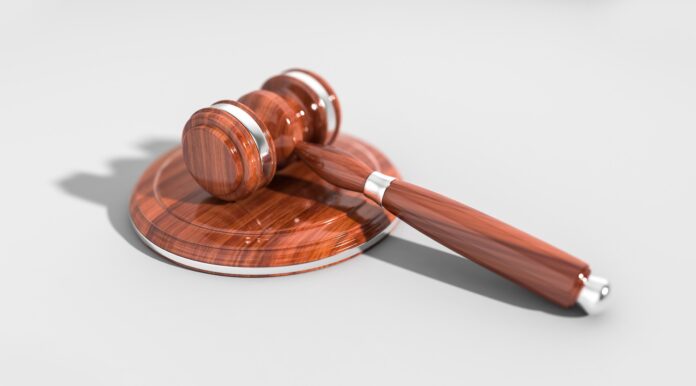For years, activists and health experts across the country have been trying to convince politicians that drug abuse is a public health problem. They argue that addiction is not a law enforcement problem, and lawmakers should support efforts to promote access to treatment, rather than lock up users.
The problem is complicated, however, when drug users engage in criminal activities. Minor possession of illegal drugs does not justify criminalizing drug use or the imprisonment of people with severe mental health problems.
This is a complex issue because people who commit crimes often deserve punishment, but many also require addiction and psychological treatment. It is estimated that 50% of prisoners in one state after another meet the clinical criteria for substance use disorder, but only 20% are treated for substance abuse.
It is also estimated that 95 percent of inmates consume alcohol and other drugs after leaving prison, and 60-80 percent commit drug-related crimes after their release. Preventing future alcohol or drug use through treatment is an effective way to break the cycle. That is why courts offer alternatives to incarceration and less severe punishment for people who undergo addiction therapy. In May 2016, 46 percent of federal prisoners nationwide were serving sentences for drug offenses.
Learn more about court-ordered rehab at the National Institute on Drug Abuse’s Center for Addiction and Substance Abuse Research and Education (CASA).
Several jurisdictions have created specialized courts to improve outcomes for defendants charged with drug offenses. Almost any court can require a drug addict to participate in a rehabilitation program.
Court-ordered treatment allows people convicted of drug offenses to receive treatment for drug use and mental health problems. Drug courts offer a comprehensive therapeutic experience at a time when the parole or probation requirements are met.
Rather than locking people away, these programs allow people to participate in evidence-based treatment, “he told DrugRehab.com. Drug courts hold people responsible and link them to lives – and thus save treatment. Treatment teams, consisting of a psychiatrist, a mental health specialist, and a judge at the drug court, work with the accused to ensure effective treatment and compliance.
The team members are in regular contact with the accused, family members, friends and colleagues, and the judge.
The program recognizes that relapse is a general aspect of the recovery process and cannot turn a blind eye to it as long as it continues. Family members and friends are encouraged to provide support during the hearing, during therapy and after discharge. Drug courts can require the help of a psychiatrist, social worker, counselor, psychologist or other qualified professional. They may also need support from a mental health patient, such as a drug and alcohol specialist or psychiatrist.
The consequences of failure to carry out alcohol or drug testing are imposed by the court and are increased if repeated non-compliance is observed. The effects increase as the number of failed tests increases and the severity of the offense increases, as does the length of detention.
Adult courts seek to reduce substance abuse and recidivism by identifying needs, offering treatments, monitoring behavior, and incentivizing positive behavior with rewards. Drug courts differ in the resources they provide and in the population for which they are designed. Family courts work with parents with substance use disorders to maintain family stability and custody of children. Juvenile courts have similar objectives, but place more emphasis on education, family counseling, and family responsibilities than most adult courts.
The courts also help children while their parents are in treatment, and additional programming programs teach participants the skills of parents. Treatment is similar to that of an adult, but with an emphasis on prevention and treatment, not criminal justice reform.
Drug courts help people reintegrate into society and find work, education and housing, but participation in programs and drug courts continues. Other courts deal with drug possession, driving under the influence or driving under the influence.





